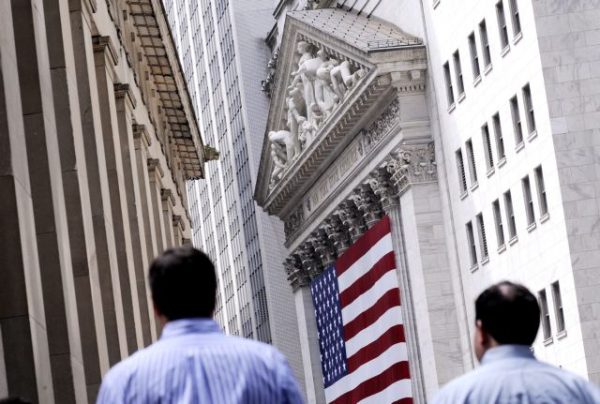
According to the latest quarterly employment outlook survey by ManpowerGroup, over one-third of employers in Greece have integrated artificial intelligence into their operations. Globally, the adoption rate stands at nearly half of all employers surveyed.
Specifically, 35% of the 525 Greek companies surveyed have adopted AI, including creative and conversational applications, while the global adoption rate stands at 48%.
Within Greece, the IT sector leads in AI integration, with 59% of employers fully incorporating AI into their business strategies, followed closely by the communications services sector at 50%.
However, adoption rates are lower in sectors like health and life sciences (31%) and consumer goods and services (30%).
Larger Greek enterprises, with 250-999 employees, show the most openness to AI, with a 41% adoption rate, followed by companies with 1,000-4,999 employees (38%) and medium-sized enterprises (36%).
ManpowerGroup found that employees in Greece exhibit cautious optimism towards AI’s impact on their work, with executives showing the highest positivity (64%), followed by middle management (58%) and office staff (63%). Conversely, workers in manufacturing and frontline roles express less optimism, with 47% feeling uncertain about AI’s effects.
Regarding overall business performance, 70% of Greek employers believe AI will have a positive impact. This sentiment is notably strong in sectors like IT (75%) and financial services and real estate (75%). Furthermore, there is optimism about AI’s role in upskilling and reskilling employees (66%) and providing necessary training (62%).
However, Greek employers acknowledge challenges, with 29% noting that younger workers are particularly concerned about technological expectations in the workplace, including AI. Top concerns among employees include salary expectations (40%), career advancement (36%), and maintaining work-life balance (34%).
Globally, over half of companies (55%) anticipate expanding their workforce due to AI and machine learning in the coming years, whereas in Greece, this expectation is somewhat lower at 41%.
Source: tovima.com
Latest News

German Ambassador to Greece Talks Ukraine, Rise of Far Right & Tariffs at Delphi Economic Forum X
Commenting on the political developments in his country, the German Ambassador stressed that it was clear the rapid formation of a new government was imperative, as the expectations across Europe showed.

Athens to Return Confiscated License Plates Ahead of Easter Holiday
Cases involving court orders will also be excluded from this measure.

Servicers: How More Properties Could Enter the Greek Market
Buying or renting a home is out of reach for many in Greece. Servicers propose faster processes and incentives to boost property supply and ease the housing crisis.

Greek Easter 2025: Price Hikes on Lamb, Eggs & Sweets
According to the Greek Consumers’ Institute, hosting an Easter dinner for eight now costs approximately €361.95 — an increase of €11 compared to 2024.

FM Gerapetritis Calls for Unified EU Response to Global Crises at EU Council
"Europe is navigating through unprecedented crises — wars, humanitarian disasters, climate emergencies," he stated.

Holy Week Store Hours in Greece
Retail stores across Greece are now operating on extended holiday hours for Holy Week, following their Sunday opening on April 13. The move aims to accommodate consumers ahead of Easter, but merchants remain cautious amid sluggish market activity.

Green Getaway Ideas for Easter 2025 in Greece
Celebrate Easter 2025 in Greece the sustainable way with eco-farms, car-free islands, and family-friendly getaways rooted in nature and tradition.

Civil Protection Minister Details Summer Firefighting Plans at Delphi Forum
At the 10th Delphi Economic Forum, Minister of Climate Crisis and Civil Protection Yiannis Kefalogiannis discussed Greece's plans for the upcoming fire season.

How Shops and Markets Will Operate During Easter Holy Week
The Easter holiday schedule has been in effect since April 10, with retail stores open Palm Sunday, and most supermarkets also operating to meet consumer demand for Easter shopping

Why Is the French Aircraft Carrier Charles De Gaulle in Piraeus?
Docking in Piraeus after a four-month deployment in the Indo-Pacific region, the admiral of the aircraft carrier the Charles de Gaulle says, "Greece is our best partner in the Mediterranean."








































 Αριθμός Πιστοποίησης
Αριθμός Πιστοποίησης